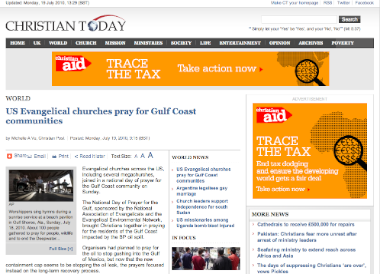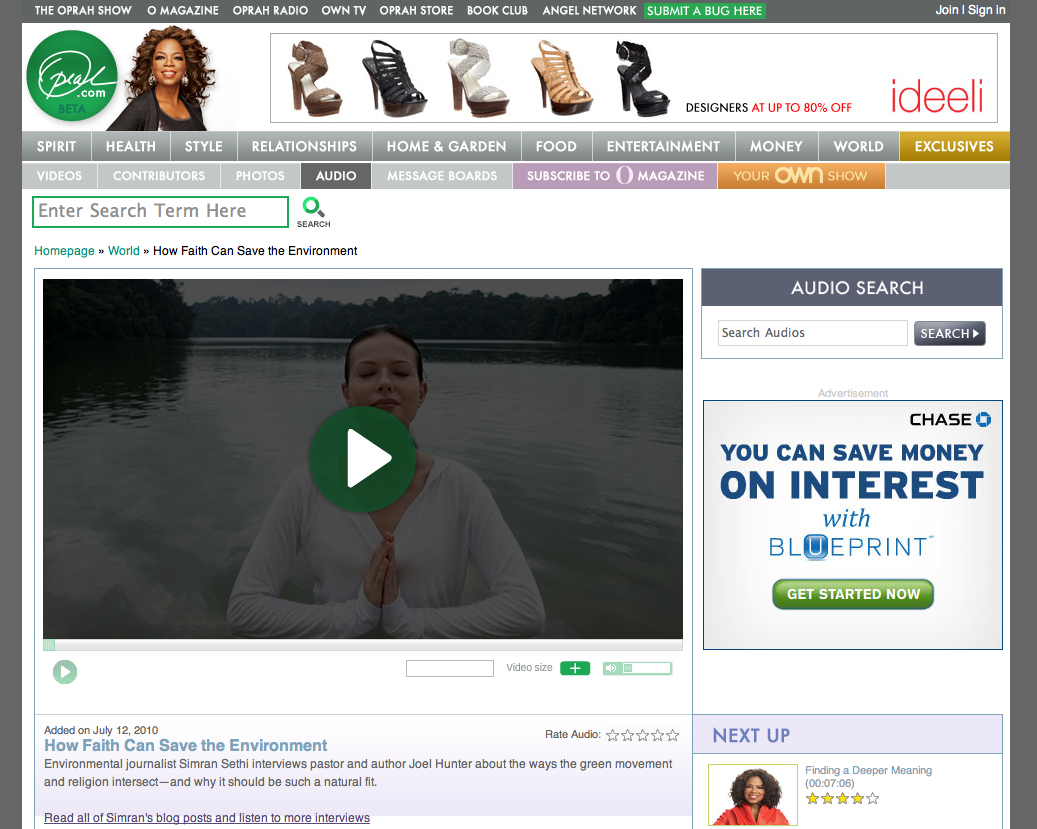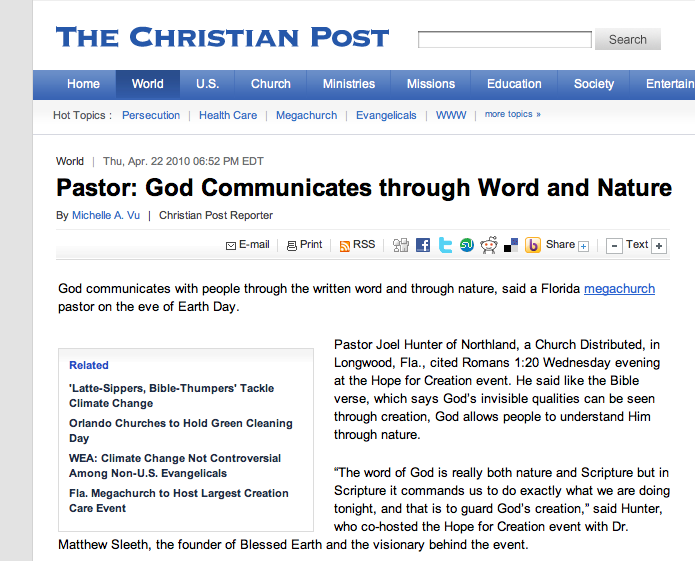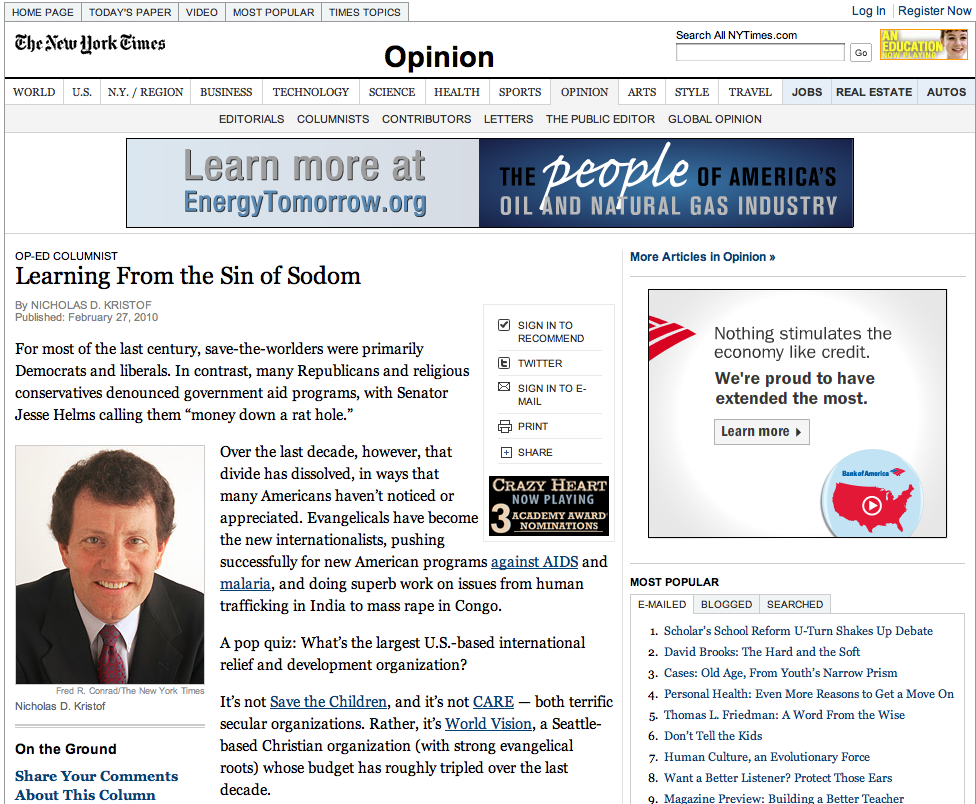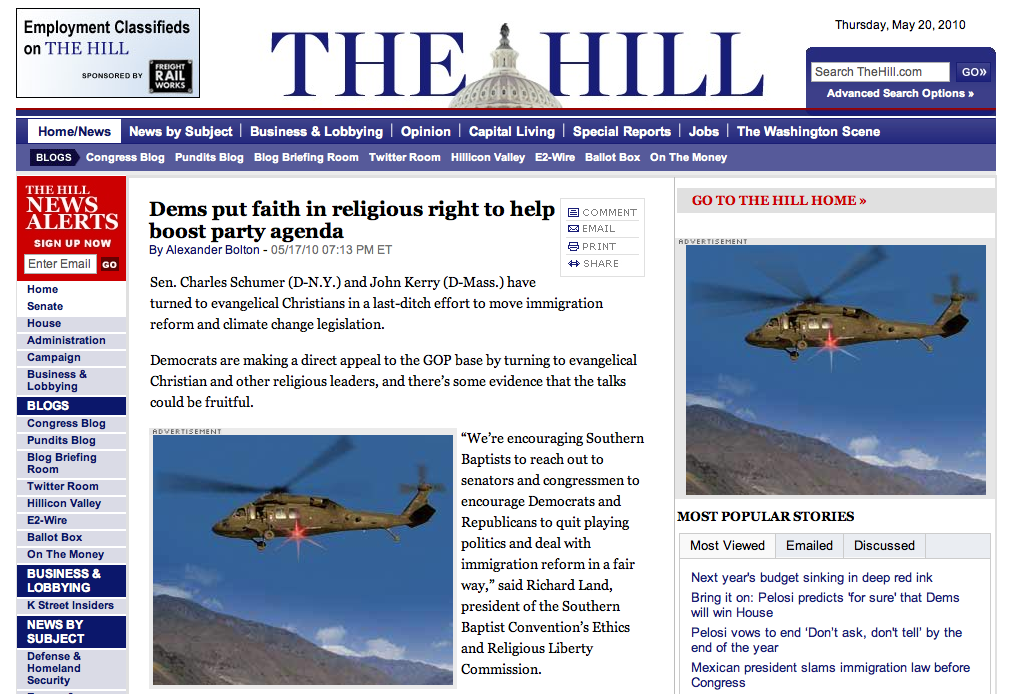 By Alexander Bolton - 05/17/10 07:13 PM ET
By Alexander Bolton - 05/17/10 07:13 PM ET
Sen. Charles Schumer (D-N.Y.) and John Kerry (D-Mass.) have turned to evangelical Christians in a last-ditch effort to move immigration reform and climate change legislation.
Democrats are making a direct appeal to the GOP base by turning to evangelical Christian and other religious leaders, and there’s some evidence that the talks could be fruitful.
“We’re encouraging Southern Baptists to reach out to senators and congressmen to encourage Democrats and Republicans to quit playing politics and deal with immigration reform in a fair way,” said Richard Land, president of the Southern Baptist Convention’s Ethics and Religious Liberty Commission.
“The political will to deport 12 million people isn’t there,” he said, referring to the estimated number of illegal immigrants in the nation.
The effort comes after Schumer and Kerry spent months negotiating with Sen. Lindsey Graham (R-S.C.) to build GOP support for two of President Barack Obama’s top initiatives.
Despite those talks, both were forced to unveil legislative proposals in the last few weeks without any Republican co-sponsors.
Republican leaders have told their colleagues not to sign on to any Democratic proposals before clearing it with the entire GOP conference, but some of the country’s staunchest conservatives want to see action in Washington on climate change and immigration reform.
Schumer called Land last week to ask if he could join a conference call with evangelical leaders on immigration reform, according to Land.
“He asked if he could have three minutes to be part of the conference call,” Land said, referring to a call leaders held last week to promote a pro-immigration reform newspaper ad taken out by the National Association of Evangelicals.
The ad called on Congress to pass bipartisan immigration reform that included several principles, such as respecting “the God-given dignity of every person”; respecting the rule of law; guaranteeing secure national borders; and establishing a path toward legal status or citizenship for those who qualify and wish to become residents.
White Southern Baptists are considered among the most conservative voters of the electorate. And with more than 16 million members, the Southern Baptist Convention is a powerful force in Republican politics.
Kerry has also reached out to evangelical leaders to spur Republicans to support his 1,000-page climate bill.
“It’s been unusual, but these are what we see as two very moral issues that have a lot of implications for a lot of families and definitely affect the vulnerable,” said Dr. Joel Hunter, pastor of Northland, a mega-church in central Florida.
Hunter, a Republican-turned-independent who delivered the closing prayer at the 2008 Democratic convention, said Kerry approached him to build bipartisan support for the bill.
“They came to me,” said Hunter. “This has been a more recent pattern with the Democrats — they’re really broadening and including the voice of faith communities to build a consensus on these moral and biblical issues.”
Democrats hope evangelicals can persuade Republicans such as Graham and Sens. Richard Lugar (Ind.) and Lamar Alexander (Tenn.) to support an energy and climate bill.
Some evangelicals are more allied with the GOP than others, and some don’t see eye to eye on all the issues.
Land and Hunter, for example, agree on the need to pass immigration reform, but Land does not support a proposal to limit carbon emissions. Still, while Land has not endorsed Schumer’s proposal, political observers are surprised they’re even working together.
“It’s very surprising,” said Hunter. “These are times of interesting coalitions.”
Speaker Nancy Pelosi (D-Calif.) has made subtle appeals to faith-driven voters by invoking the language of evangelical leaders when calling for passage of climate change legislation.
“I think it is essential to the health of our children that we reduce emissions in the air,” Pelosi said at a recent press conference. “And for those of us who believe — and I think most of us do — that this is God’s creation, we have a moral responsibility to preserve his creation.”
Land said he has noticed Pelosi invoking God’s name more often.
“I’m all for it,” he said.
The Rev. Jim Ball of the Evangelical Environmental Network said addressing climate change follows the teachings of Jesus to minister to the poor.
“We call being an environmentalist creation care,” said Ball. “God is the creator and we’re called to steward or take care of his creation. When it comes to the issue of climate change, it’s primarily about the poor, because the poor are going to be impacted the hardest.”
Burns Strider, a former aide to Pelosi, has kept in touch with evangelical and Christian groups around the country, such as the Christian Coalition of Alabama.
Randy Brinson, head of Alabama’s Christian Coalition, said he talks regularly with Strider, who is trying to build support for climate legislation.
Brinson said his group does not support the cap-and-trade proposal passed last year by the House but could get behind a modified plan.
“We’re trying to be reasonable arbiters,” he said. “We’re trying to bring the two extremes to a more reasonable position.”
Democrats have made sporadic efforts to reach out to evangelical Christians over the years.
Those efforts became more serious when former Vermont Gov. Howard Dean took over as chairman of the Democratic National Committee (DNC) in 2005.
Some skeptics speculate that Democrats turn to evangelical voters when their political fortunes drop, but Dean dismissed that theory.
He said the new efforts by Schumer and Kerry are part of the party’s evolving relationship with Christian voters.
Dean said he was essentially forced to hold clandestine meetings with Land and other evangelical leaders when he first took over at the DNC.
“We would have to meet at hotels and arrive and leave at different times,” Dean said. “It’s not like it was really clandestine, but they wouldn’t come to the DNC. We would have to go to Capitol Hill Suites and did have to agree to come and go five minutes apart from each other.”
FIND THIS ARTICLE AT: http://thehill.com/homenews/senate/98289-dems-put-faith-in-religious-right-to-help-boost-agenda
